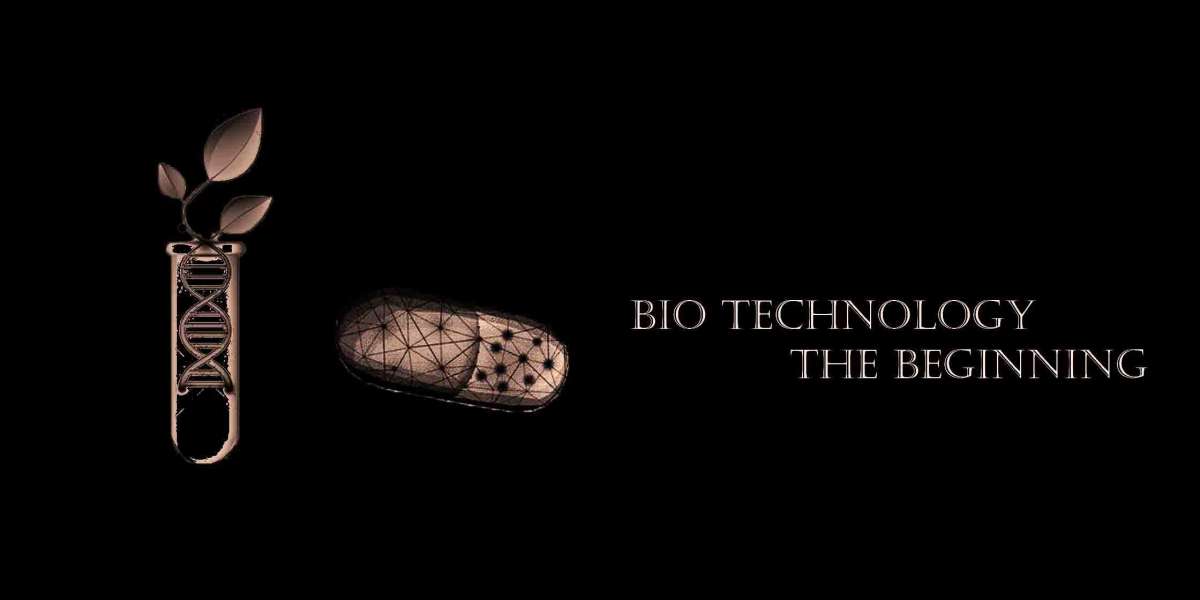Definition of Biotechnology
Technology that utilizes biological systems, living organisms or parts of this to develop or create different products.
Biotechnology has expanded to include new and diverse sciences, such as genomics, recombinant gene techniques, immunology, and development of pharmaceutical therapies and diagnostic tests.
Who coined the term biotechnology
The term ‘biotechnology’ was first used by ‘Karl Ereky’ in 1919, meaning the production of products from raw materials with the aid of living organisms. He is regarded by some as the ‘Father of Biotechnology’.
Brief history of Biotechnology
Biotechnology is both ancient and modern. Breeding animals and developing crops was the earliest biotechnology, dating back over 9,000 years. Over thousands of years, farmers used selective breeding to select for desirable traits in plants and animals. It has transformed the food we eat. Animals were first cloned over 100 years ago. The first mammal to be cloned was a sheep named ‘Dolly’.
Examples of Biotechnology
Biotechnology has applications in four major industrial areas, including health care, crop production and agriculture, industrial and environmental uses.
One use of biotechnology is the use of microorganisms for the manufacture of organic products (beer and milk products). It is also used in bioremediation and also to produce biological weapons.
Why is it important?
Biotechnology is particularly important in the field of medicine, where it facilitates the production of therapeutic proteins and other drugs. Synthetic insulin and synthetic growth hormone and diagnostic tests to detect various diseases are just some examples of how biotechnology is impacting medicine. Biotechnology has also proved helpful in refining industrial processes, in environmental clean up, and in agricultural production.








